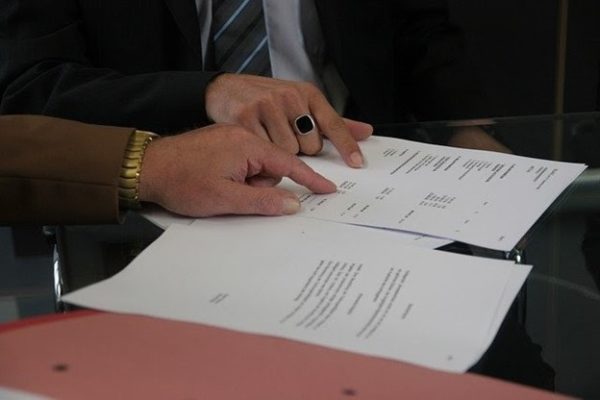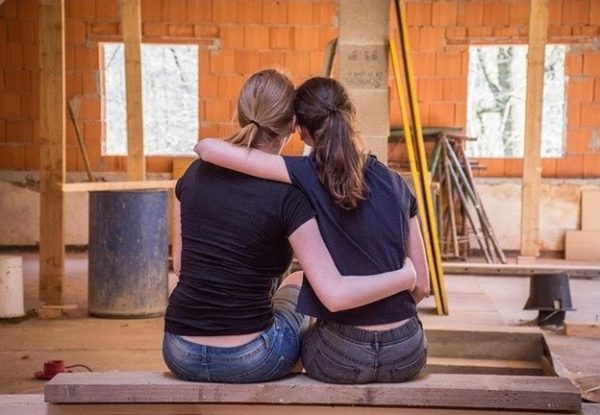Sadly, homes don’t grow with their owners; they merely grow old with them! When new family members are added, needs often arise for extra bedrooms. A home may cry out for a second shower once the kids are all rushing to prepare for school. In the years that follow, it may be elderly parents or relatives who need to move in due to health reasons. They may require an extra bedroom, living space, or even a granny annex.
It is frequently cheaper to renovate an existing home than to move. If the location and neighbors are good, why not stay and build? The renovation process is actually quite complicated, however, and involves getting planning permission, surveys, architects, and builders involved. When it comes to covering the safety angles – and many others – legal advice is also highly relevant. Let’s find out why.
They Know What Can Go Wrong
Modernizing or upgrading a home should be an exciting experience, but sadly this is not always the case. According to the attorneys at the Lichtenstein Law Group, defective products can make homes unsafe, and personal injuries can occur. In the worst-case scenario, severe brain injuries or wrongful deaths can happen too. Lawyers are then asked to step in with their trial experience and powers at the negotiating table.
They Can Advise What the Homeowner Needs to Do
The renovation experience may be totally new to someone, and we don’t know what we don’t know. Lawyers will be able to advise on ensuring the home and yard are safe and ready for the work to commence. This may involve hauling away rubbish or safely removing hazardous waste.
A person’s home or buildings’ insurance may only cover the residence as it is, and not any work that is done. If damage or injury occurs, the person would need to be insured. If it is safest for the family to live elsewhere during the work, the lawyer will advise the homeowner to notify their insurance company that the residence will be temporarily vacated.
They Will Check There is an Adequate Contract
If a contractor drafts a very brief and basic contract, it could be worded ambiguously and not cover all the bases. To minimize the chance of litigation, a lawyer will advise on the best wording. Attorneys also know that if there are changes mid-term (e.g. ‘Don’t do this bit now’ or ‘Please do this room as well’), a new contract will be needed.

The lawyer will also check for legal wording about how long the work is expected to take, and the payment basis (a total sum fixed in advance or a daily rate which could run and run). There are other things like COVID which might stop the work. If this occurs, the safety of the family might be put at risk. Think of loose wires and incomplete plumbing or roofing. The attorney will want to know there is legal cover in case the building has not been made weathertight too. Imagine water getting into the ceiling and flowing down electric lights!
They Understand Insurance Policies and Health and Safety
While a homeowner may fully trust a contractor, an attorney will recommend that their insurance policies are produced first. Professional liability insurance provides the surety that things can be resolved if the contractor has a claim of negligence or malpractice leveled against them as a result of the work.
Attorneys also know about Health and Safety plans. They will recommend one is drawn up for the benefit of the occupants, workers, and visitors. Sometimes the air fills with toxic substances while work is being undertaken. Such things will need to be assessed and controlled.
They Can See the Big Picture and Understand the Surveys
Attorneys obtain house deeds and think beyond the property itself. They check to see if there are communal entrance ways or gardens that could become risk areas. Shared drives could also be affected, such as when large vehicles arrive and unload huge and potentially dangerous equipment. If sites are not left fully secure during the work, potentially violent break-ins could occur, putting neighbors at risk as well. Attorneys will want to see that full site insurance is in place as a result.
Lawyers will also check that adequate surveys have been made. If a supporting wall was removed or collapsed because of malpractice or negligence, lives could be put at risk. The same thing applies to wobbly chimney stacks or pots.
As we have seen, lawyers can consider all the angles and make the work as safe and legally watertight as possible. Should the unthinkable happen, they will be experienced and competent in knowing what to do next. This may involve seeking compensation and lodging a personal injury claim.




